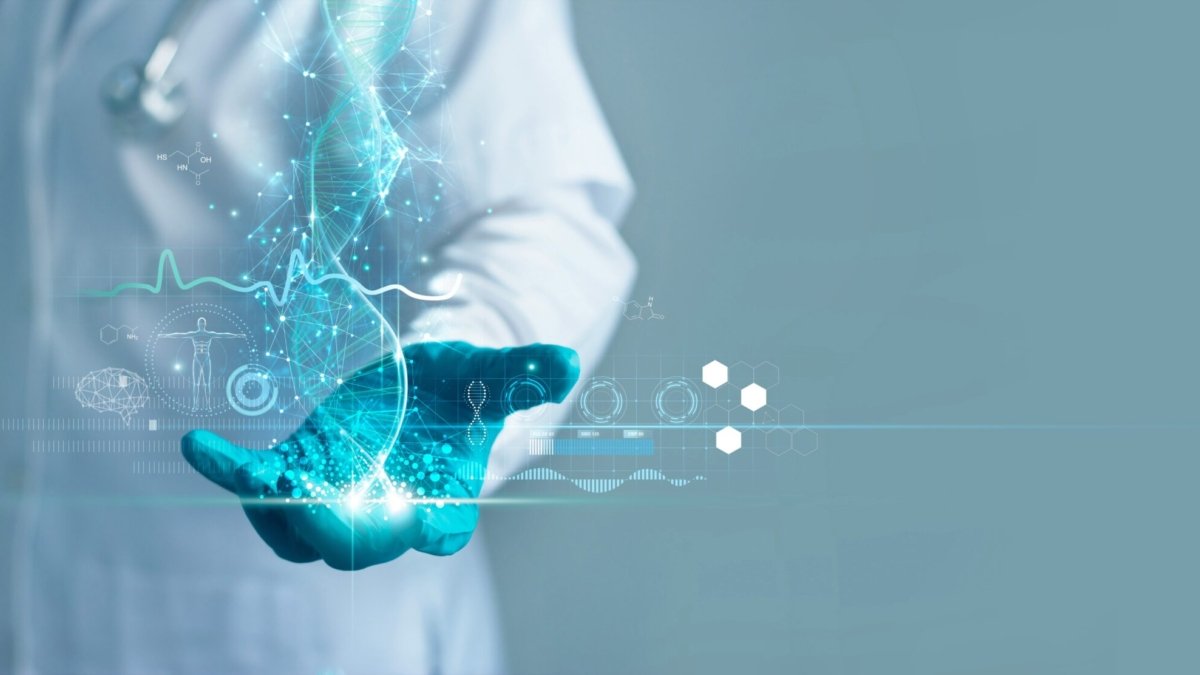The Dawn of a New Era in Medical Technology
The healthcare landscape is undergoing a seismic shift, driven by innovative technologies that are redefining the way medical professionals interact with patients and conduct treatments. In this article, we delve deep into the emerging trends in medical device technology that are set to revolutionize the industry.
Telemedicine: Bridging the Gap
The COVID-19 pandemic has accelerated the adoption of telemedicine, making it an integral part of healthcare delivery. Advanced IoT devices and secure communication platforms are enabling doctors to diagnose and treat patients remotely, reducing the need for physical visits and thereby minimizing the risk of infection.
Wearable Technology: Monitoring Made Easy
Wearable devices have moved beyond fitness tracking to become essential medical tools. These devices can monitor a range of health metrics, from heart rate to blood oxygen levels, providing real-time data that can be crucial for timely intervention. The integration of AI algorithms ensures more accurate readings, leading to better patient outcomes.
3D Printing: Customization at Its Best
3D printing technology is breaking new ground in the medical field, particularly in the creation of custom prosthetics and biocompatible implants. This technology allows for a high degree of customization, ensuring that each device is tailored to the individual needs of the patient.
Blockchain: Ensuring Data Integrity
The adoption of blockchain technology in healthcare is still in its nascent stages but holds immense promise. It offers a secure and transparent way to store medical records, ensuring data integrity while providing controlled access to authorized personnel.
Robotics: The Future of Surgery
Robotic-assisted surgery is no longer the stuff of science fiction. Surgeons are now using robotic systems to perform complex procedures with greater precision and control. These systems are equipped with high-definition cameras and miniaturized instruments,allowing for less invasive surgeries and faster recovery times.
Artificial Intelligence: The Brain Behind the Operation
AI-powered diagnostic tools are becoming increasingly sophisticated, capable of analyzing complex medical data to identify patterns that might be missed by human doctors. These tools are particularly effective in the early detection of diseases like cancer, thereby increasing the chances of successful treatment.
Virtual Reality: Immersive Training and Treatment
Virtual Reality (VR) is making inroads into medical training and treatment. VR simulations offer a risk-free environment for medical professionals to practice surgical techniques and diagnostic procedures. Moreover, VR is being used in pain management and mental health treatment, offering an immersive experience that can aid in patient recovery.
Cybersecurity: Safeguarding Sensitive Information
As medical devices become more interconnected, the importance of cybersecurity cannot be overstated. Manufacturers are incorporating advanced security features to protect against data breaches and unauthorized access, ensuring the confidentiality and integrity of patient information.
Conclusion: The Road Ahead
The emerging trends in medical device technology are not just incremental improvements but transformative changes that will redefine healthcare. From remote monitoring to AI-driven diagnostics, these technologies are making healthcare more accessible, efficient, and effective. As we move forward, it is imperative for healthcare providers to embrace these advancements to deliver better patient care.


Leave Your Comment